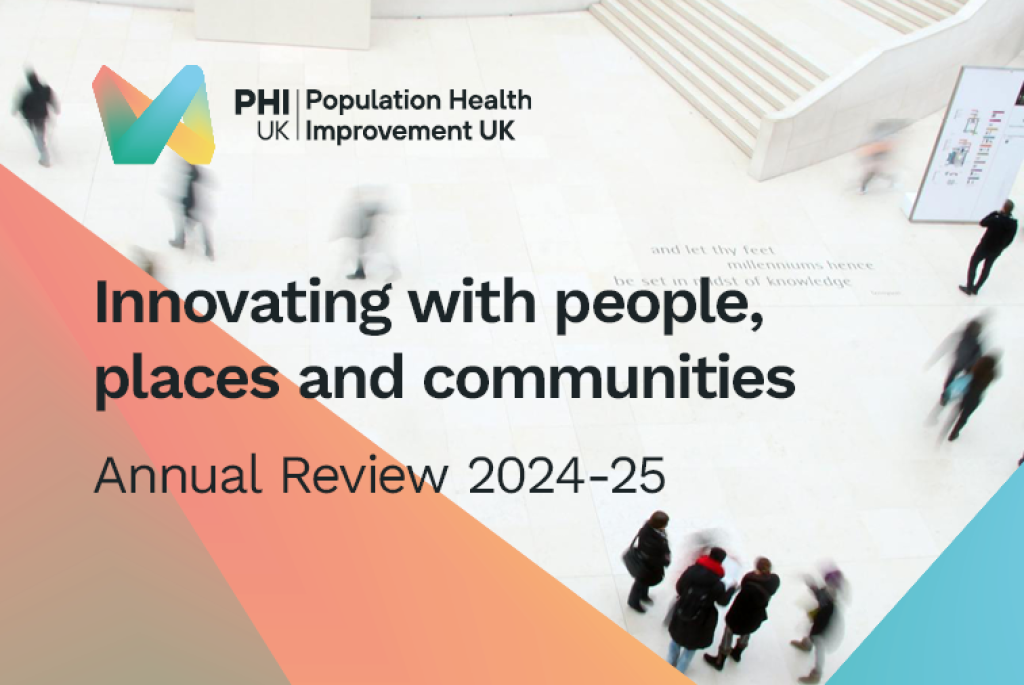Every year, millions of people’s lives are affected by non-communicable diseases, including cancer, heart disease, lung disease and type-2 diabetes, with rates in the UK higher than those of our European counterparts. Addressing the major causes of ill health in a way that ensures the long-term sustainability of the NHS requires a predominant focus on illness prevention. The Government has rightly recognised this with their commitment to shift our health system to one that focuses on prevention – making it a core pillar of their new 10-Year Plan released today.
To make this vision a reality, the Government needed to use the opportunity of the 10-Year Plan to bring in bold reforms which address the upstream, structural determinants of poor health and effectively regulate the industries that shape our health. The plan offers some recognition of the wider social determinants of health and commits to some welcome measures to reshape the commercial food environment. But overall fails to bring in the ambitious, comprehensive approach needed to transform public health.
This makes the work of Local Health and Global Profits (LHGP) even more important: by identifying and supporting the implementation of upstream interventions, developing practical resources, and assessing health and economic impacts, we can help local authorities be well equipped to take meaningful action to improve health on a local level.
LHGP Lead Investigator, Professor Anna Gilmore, said:
The Government has rightly recognised the need to shift our health system towards prevention but falls short of fully realising that. Unless we confront and constrain the industries driving ill health, its vision will fail. We welcome the plan’s acknowledgment that the roots of obesity lie within the food system, not individual choice, and the move towards setting targets and mandatory reporting. But without robust governance to protect policymaking from conflicts of interest, we risk repeating the well-evidenced failures of the Responsibility Deal, where industry influence blocked real progress.
It is deeply disappointing that the plan lacks comprehensive evidence-based action to tackle alcohol harm, despite deaths reaching record highs. By failing to act decisively on pricing, marketing and availability, the Government has missed a critical opportunity to save lives.
Commercial determinants - from unhealthy food and alcohol to air pollution - continue to drive millions into poor health. If the Government is serious about prevention, it must urgently introduce bold, structural reforms and ensure policy is free from industry interference. Without this, the NHS will remain overwhelmed by preventable diseases, and the public will rightly see government promises of prevention as little more than empty words.





